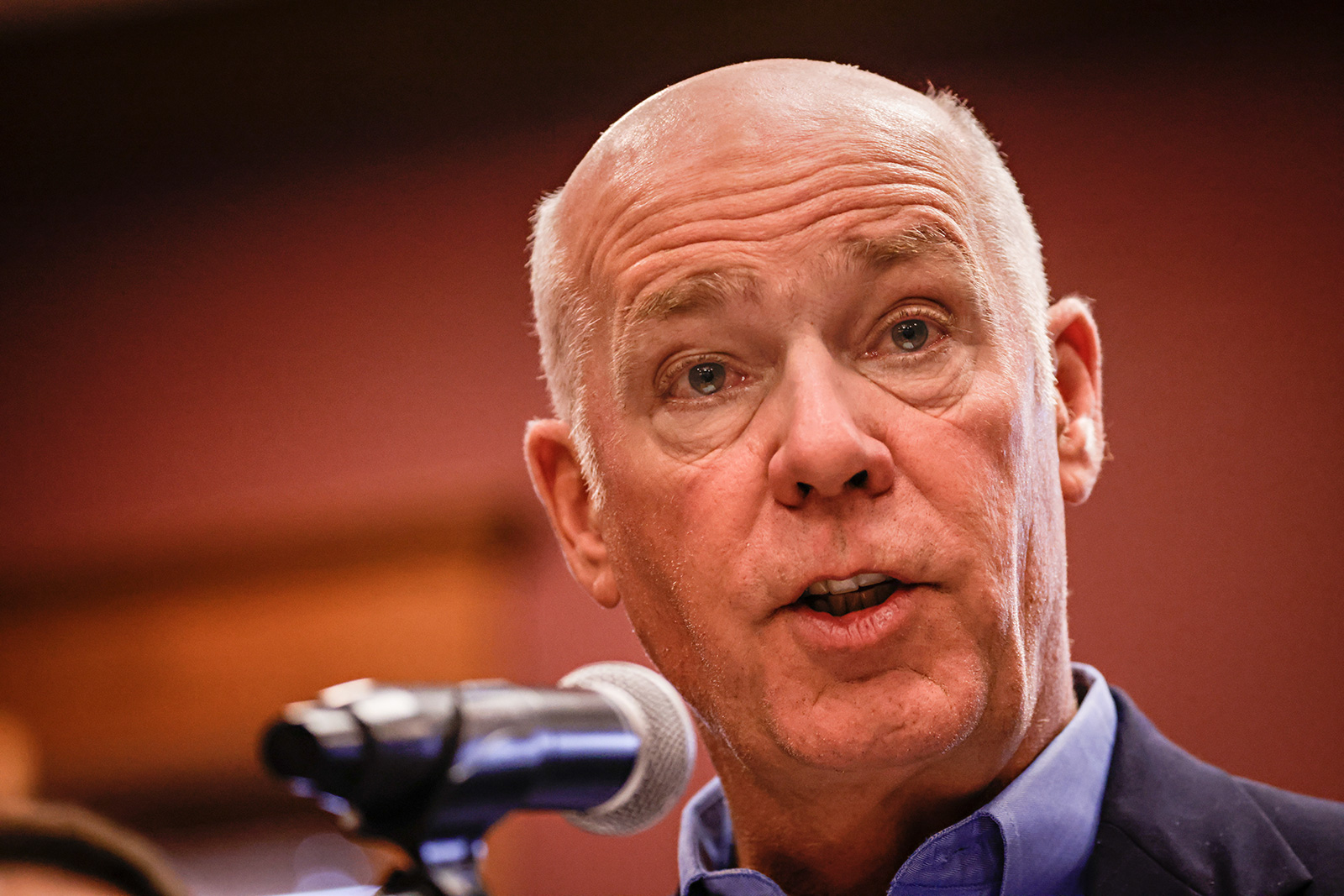TikTok and Five Content Creators Ask Federal Judge to Block Montana from Banning App
The separate requests for preliminary injunctions were filed in federal court in Missoula
By Associated Press
TikTok Inc. and a group of five content creators who are suing the state of Montana over its first-in-the-nation law to ban the video sharing app are now asking a federal judge to block implementation of the law while the case moves through the courts and before it takes effect in January.
The separate requests for preliminary injunctions were filed Wednesday in federal court in Missoula. The cases challenging the law were filed in May and have since been consolidated by U.S. District Judge Donald Molloy.
Montana Attorney General Austin Knudsen had the bill drafted over concerns — shared by the FBI and U.S. Secretary of State Antony Blinken — that the app, owned by the Chinese company ByteDance, could be used to allow the Chinese government to access information on U.S. citizens or push pro-Beijing misinformation that could influence the public. TikTok has said none of this has ever happened.
The motions for injunctions make the same arguments as the cases against the state — that the ban is an unconstitutional violation of free speech rights and that the state has no authority to regulate foreign affairs.
Attorneys on both sides have agreed to a schedule that calls for the state to respond to the motions by mid-August and for the plaintiffs to file their replies by mid-September, court records state.
The company and the Montana content creators argue a preliminary injunction should be granted because the plaintiffs are likely to succeed in their challenges to the law and if the ban took effect it would cause irreparable harm by depriving them of the ability to express themselves and communicate with others.
TikTok has safeguards to moderate content and protect minors, and would not share information with China, the company has argued. But critics have pointed to China’s 2017 national intelligence law that compels companies to cooperate with the country’s governments for state intelligence work.
“TikTok users don’t use the app – the app uses them and turns them into a spying apparatus for the Chinese Communist Party,” Emily Flower, a spokeswoman for the Attorney General’s Office, said in a statement that also noted recent reporting that TikTok is paying for the lawsuit filed by the content creators. “TikTok’s ‘support’ is bought and paid for – Montanans recognize the threat that the app poses to their privacy and national security.”
More than half the U.S. states, including Montana, and the federal government have banned TikTok from government-owned devices.
Republican Gov. Greg Gianforte signed the bill into law in May, saying Montana was taking “the most decisive action of any state to protect Montanans’ private data and sensitive personal information from being harvested by the Chinese Communist Party.”
As of June 1, Gianforte also prohibited the use of any social media apps tied to foreign adversaries on state equipment and for state businesses. Among the apps he listed are WeChat, whose parent company is headquartered in China; and Telegram Messenger, which was founded in Russia.